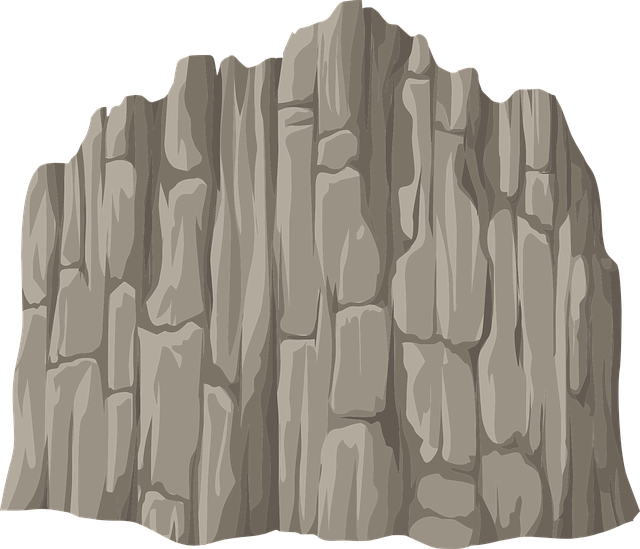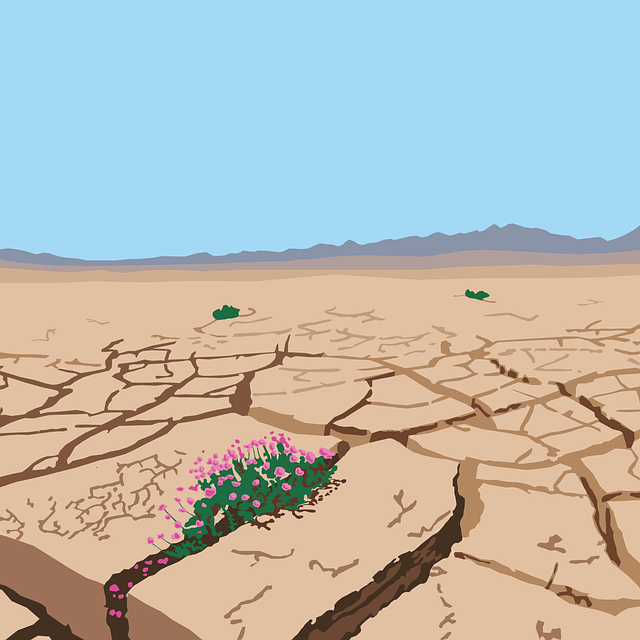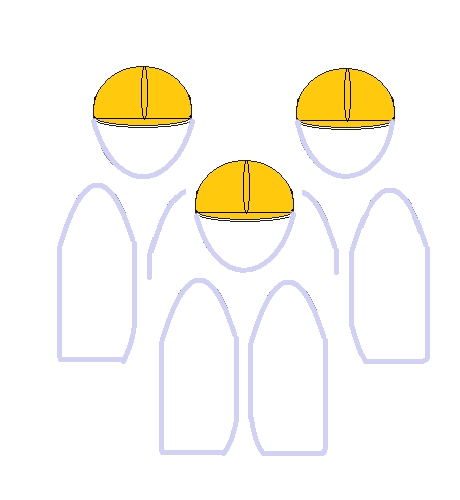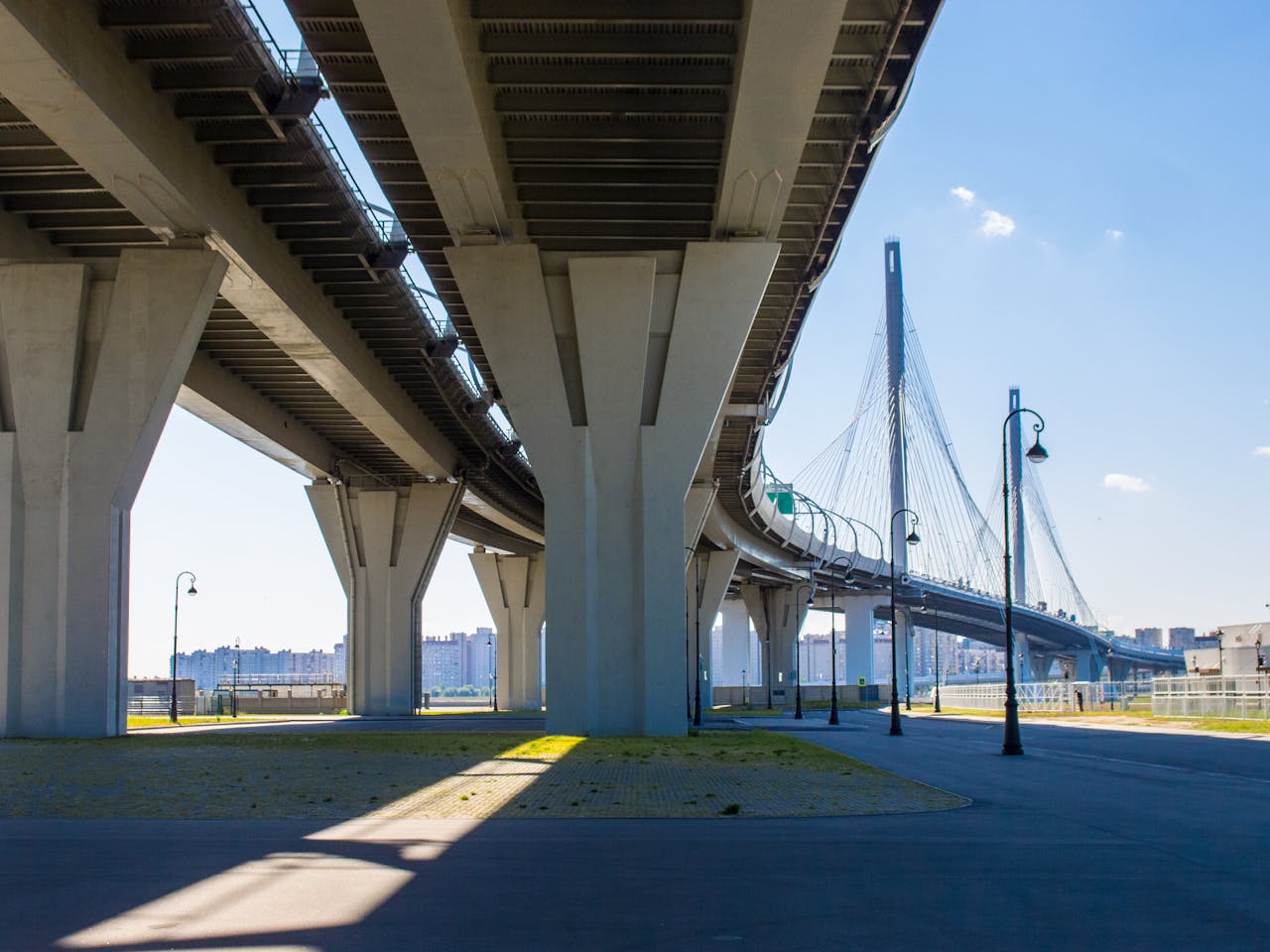We often admire our surroundings—towering buildings, long-span bridges, or massive dams—and wonder about the engineering effort that went into their construction. Because we see only the finished structures, we tend to overlook one critical element: the ground beneath them.

Any small or massive project, no matter how strong the concrete or how advanced the design, ultimately depends on the soil and rock it stands on. Welcome to the world of geotechnical engineering—the science of studying the ground we build on. Every crack in a house wall, every bumpy road, or even a landslide often has the same hidden cause: the soil or rock beneath.
In this article, we’ll give you a clear introduction to what geotechnical engineering is and why it matters everywhere in the world. If you’re curious about how these ideas apply right here in Ethiopia, you’ll also find a special section with local examples in the link below.
What is Geotechnical Engineering?
Geotechnical engineering is the branch of civil engineering that studies the soil and rock beneath our feet and how they behave when we build on them. It helps engineers understand whether the ground can safely support structures like houses, roads, bridges, and dams.
In simple terms, geotechnical engineers ask questions like:

How strong is the soil/rock?

Will it shrink, swell, or slide under pressure?

How does water affect its stability?
By answering these questions, engineers can design the right foundations, slopes, and earthworks, preventing cracks, settlements, or even catastrophic failures.
Around the world, geotechnical engineering is essential for every structure from skyscrapers in New York to highways in Japan or dams in Brazil. Without it, even the most advanced construction materials can fail because the ground beneath is not properly understood.
Why You Really Need a Geotechnical Investigation for Your Project
One of the most basic—and longstanding—reasons for conducting a geotechnical investigation is that the ground beneath a project may contain weak soils, unstable rock, or hidden geological features. A detailed study of these conditions can protect your project from a variety of known foundation and geotechnical failures, such as cracking, settlement, or even structural collapse.
At the same time, modern construction brings new challenges. As cities grow, buildings are constructed closer together, and existing structures are often modified or expanded to meet evolving needs. These changes place additional demands on the ground and on foundations.
Common scenarios where geotechnical investigations are crucial:
- Building on soft and expansive soils

- Soft ground is potentially susceptible for strength failure and settlement. This could cause collapse or leaning of a structure. In areas with black cotton soils, seasonal swelling and shrinking can crack walls and damage foundations if not properly accounted for.
- Constructing on slopes or hilly terrain

- Heavy rains can trigger landslides or slope failures, especially for roads or hillside housing projects.
- Adding extensions to existing buildings

- Modifying or adding floors increases load on foundations. Without understanding the original soil capacity, new additions may cause uneven settlement or structural stress.
- Urban construction

- In dense cities, new buildings are often constructed close to older structures. Proper soil assessment ensures that nearby foundations are not undermined or overloaded.
- Bridges, dams, and major infrastructure

- Large projects must account for riverbanks, floodplains, or soft alluvial soils, to prevent settlement or failure.
- Road construction on variable soils

- Highways built across mixed soil zones can develop cracks, potholes, or uneven surfaces if geotechnical considerations are ignored.
- Sites with hidden geological features

- Subsurface faults, cavities, or weak rock layers can compromise any structure if not detected in advance.
- Dam construction

- Dams require detailed soil and rock investigations to ensure the foundation can safely hold water pressure and prevent seepage.
- Sensitive power plants or industrial facilities

- Critical facilities like hydro, wind, or thermal plants must be built on stable ground to prevent operational hazards and ensure long-term safety.
- Earthquake-prone areas

- Certain regions are susceptible to seismic activity. Soil studies help engineers design foundations that resist shaking and reduce the risk of collapse.
Key Benefits of Geotechnical Investigations
Conducting a geotechnical investigation may seem like an extra step, but it brings clear benefits that directly address the challenges in the ten common scenarios outlined above. Here’s why it matters:
| Identifies Ground Conditions – Provides detailed knowledge of soil type, strength, and behavior under load. | |
| Prevents Foundation Failures – Helps avoid structural cracks, settlements, or collapses. | |
| Ensures Safety of Structures – Reduces risks to lives and property by anticipating potential hazards. | |
| Supports Proper Design Decisions – Guides engineers in choosing the right foundation type, depth, and reinforcement. | |
| Reduces Construction Costs – Prevents expensive repairs and overdesign by matching design to actual ground conditions. | |
| Minimizes Construction Delays – Detects potential issues before work begins, avoiding unexpected interruptions. | |
| Facilitates Sustainable Development – Ensures that new projects do not negatively affect surrounding buildings or land. | |
| Improves Long-Term Durability – Increases the lifespan of structures by accounting for soil behavior over time. | |
| Enhances Risk Management – Identifies potential hazards like groundwater, weak soils, or hidden geological features. | |
| Supports Regulatory Compliance – Meets legal or engineering standards for safe construction practices. |
Conclusion
Understanding the ground beneath a construction site is just as important as the materials and design of the structure itself. Geotechnical engineering provides the tools and knowledge to study soil and rock, anticipate potential problems, and ensure that buildings, roads, bridges, and other infrastructure are safe, durable, and cost-effective.
Geotechnical investigations are vital step in every project—from uncovering weak soils and hidden geological features to guiding proper foundation design and minimizing construction risks. While these principles are important worldwide, Ethiopia’s unique soils and geological conditions make them especially critical for local construction.
In our exclusive follow-up content, ‘Why You Really Need a Geotechnical Investigation in Ethiopia’, we explore real-world practices and lessons, including:
- The importance of geotechnical investigation in Ethiopian Context
- Common bad practices revolving around geotechnical investigation.
- Common Problems Encountered in Ethiopia in relation to improper investigation.
- Recommended Actions / Best Practices to adopt for our projects.
WHAT DO YOU THINK OF THE ABOVE ARTICLE?
Share your ideas with our community via the comment box below.
OR


Leave a Reply